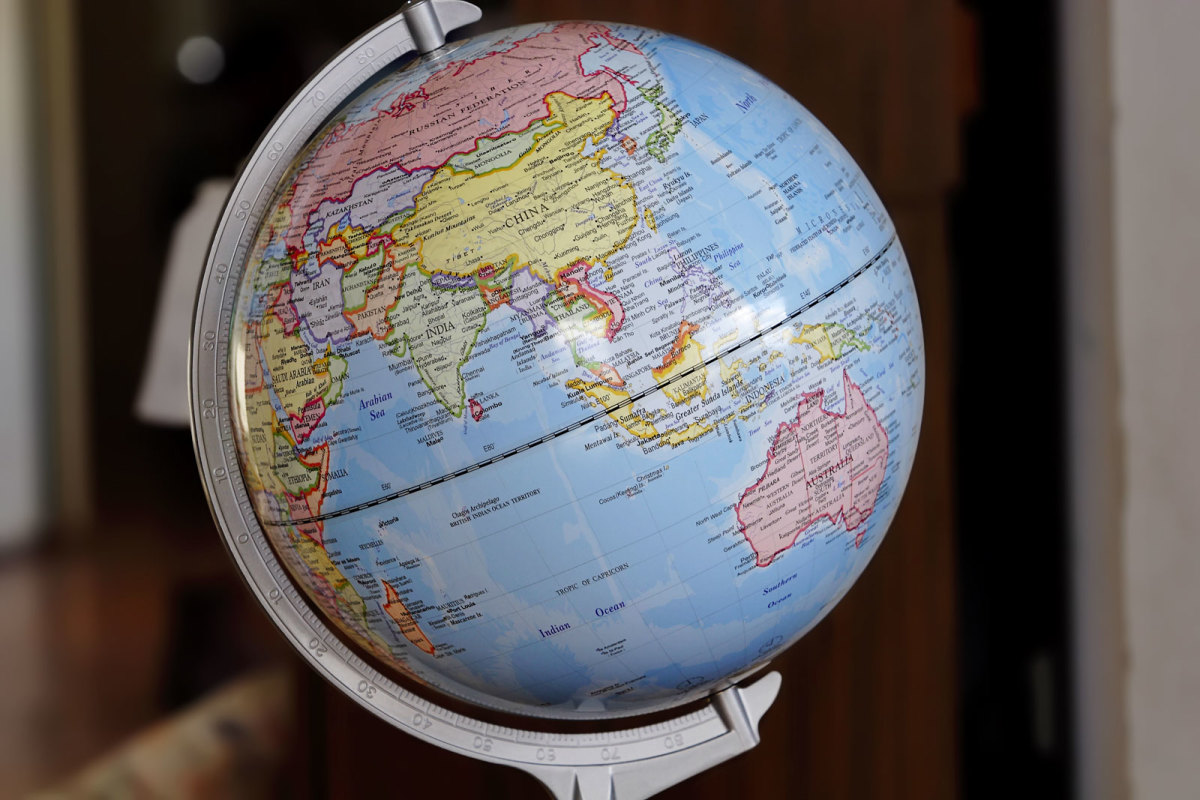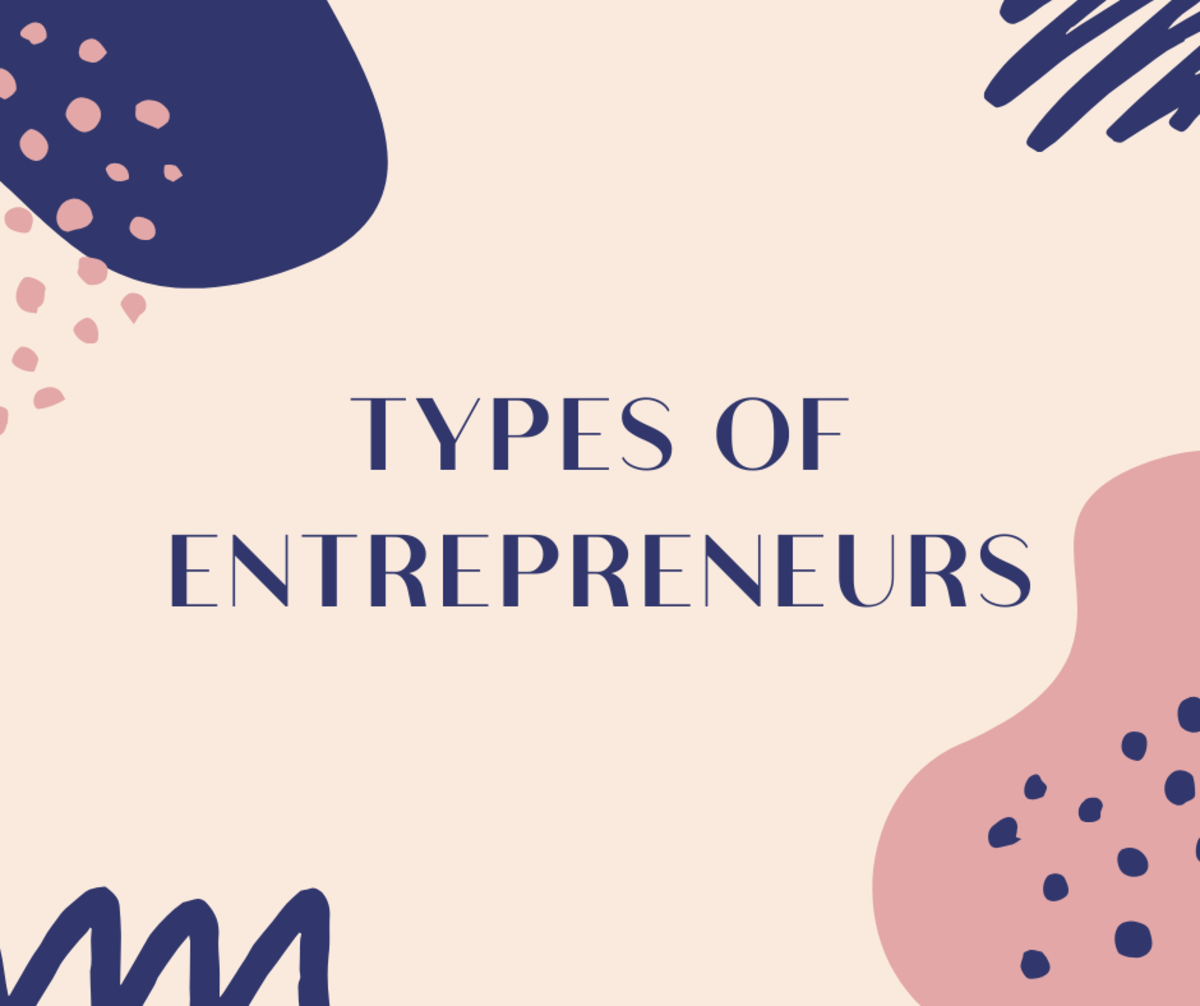The Internet Is A Great Equalizer
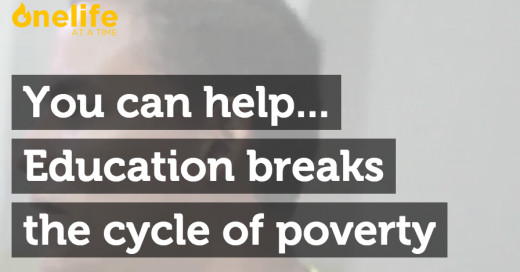
Helping One Life At A Time
This week I'm in Honduras helping a non-profit educational organization set up an ecommerce store that sells dental products in Latin America. The purpose of the store we're building is two-fold: to help the school raise money for itself and become self-reliant through the use of a for-profit model; and to help the students who will be building and operating the school learn how to use the internet to increase their incomes.
What's intriguing about this operation model are the details of how it is set up. The store will be advertising ecommerce products in Spanish to customers in Latin America. The products being marketed through the store are manufactured and warehoused in the United States.
When a customer orders, the products will be shipped from the supplier directly to the customer using DHL, which handles international shipments well. Students at the non-profit organization, called One Life At A Time, will learn how to do search engine optimization and social media marketing along with other principles of ecommerce, employing their new skills to expand the organization's influence. As they are learning to bring in revenues for the non-profit, they will also be learning to bring in revenue for themselves should they choose to start their own businesses, and they are also learning valuable marketing skills that will make them much more employable.
It's hard to tell which of these store's objectives is the most important: making the organization independent of donor funds (which can take a lot of work to raise) or helping each of the participating students become wizards at using the Internet as a means of income. One thing is certain, however: the Internet has in many ways leveled the playing field for people all over the world. All that is needed for a person to pull out of a situation where poverty prevails is a computer, an internet connection, and some education on how to configure the internet to create income.
My Own Rags to Riches Story
I grew up in a home that knew what want was like from time to time. My father worked hard to support his family, which included a wife and seven children. We certainly were not in poverty, but there were always things we wished we could have that we couldn't afford.
When financial issues came up that brought on a financial shortfall, my dad would regularly pick up a part-time job or two that would catch us back up or, in some cases, get us slightly ahead of expenses. To him the formula was simple, if more income were needed, it could be obtained by adding hours of work onto his day. For more than a year, my father operated a paper route in the morning before work, and after work he worked as a custodian at a gymnastics center. Between the two extra jobs and his full-time income, my dad was able to keep up. His example of being responsible and working hard taught me a lot about both of those principles, and there were times in my young life when I labored hard, certainly by the sweat of my brow, to be self-reliant, to pay for rent, gas in the car, food, and other elements of daily maintenance. However, as I worked at jobs that included fast food restaurants making as little as $4 per hour, $5 construction gigs that involved back-breaking work, and in low-paying part-time college jobs, it always seemed like I was on the verge of abundance if I could only figure out how to build a tool that would move me from surviving to thriving.
Becoming an Internet Entrepreneur
My meager subsistence as a child ultimately gave way to an opportunity that would later present itself in the form of a technology that was being developed for decades, and that was maturing as I was reaching adulthood. Stories began to abound in the 1990s about entrepreneurs piggybacking on the evolving opportunity to communicate with the world with ease, and becoming wealthy by developing the skill of using that communication medium to make money. I have a similar story. Here it is.
While I was going to college, I got a job as a software developer at a technical startup company. Witnessing the fundraising process we were undergoing helped me to understand that opportunity abounds in the digital age. I saw that investors were eager to provide funding for the chance to profit from something that was no more than a cool idea at the time: a text messaging application for banks that would allow their customers to check balances and transfer funds using text messaging.
It was while working at this software development job that I realized that the ability to communicate easily with people throughout the world brought with it a stream of cash flow that could be tapped into for income. I then made the decision to find a way to ethically tap into that stream and benefit from it.
Building Ecommerce Businesses
My approach to tapping into the opportunity to build wealth using the internet involved creating ecommerce businesses. I learned how to set up accounts with suppliers who would allow me to advertise their products on websites that I built, and who would ship products to my customers. Most of the products I sold I had never physically handled. I didn't even know what many of the items in my stores were used for or how they worked. However, because I figured out how to drive traffic to my websites from search engines and from social media, I could, with very little startup costs, make as much money as I wanted.
I built an online store selling hiking, climbing, and camping equipment. Then I built a sporting goods store. Later I built stores that sold children's clothing, medical products, casual clothing, safety products, and other product niches.
What I learned from building all of these stores and watching their successes was this: the internet had provided me an incredible opportunity to generate wealth simply by learning how to use the communication channels that are in place in the 21st Century. I've sold millions of dollars worth of products, and made millions of dollars in profit, and all of it was built on the foundation of the worldwide web.
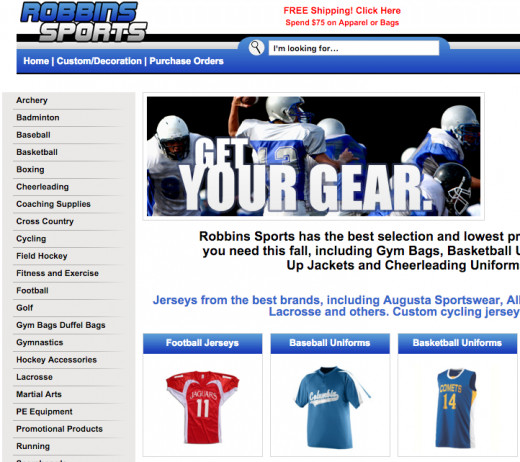
What Internet Access Means For Those In Poverty
Examples of Income Opportunities From The Internet
Ecommerce Stores and Drop-shipping
In my case, I made a habit of building ecommerce stores and selling products through those stores. I relied upon drop-shipping arrangements to limit my risk. I could sell products before I bought them. A drop-shipping ecommerce store certainly is not the only way people can use the internet for income. Here are a couple others.
Other Opportunities
Affiliate programs: Many retailers have affiliate programs, which pay affiliates a commission on sales that come from referrals to the retailers' web sites.
Selling advertising: Mommy bloggers and others who persistently publish online to attract audiences can capitalize on those audiences by selling advertising to specific companies or
The common thread in each of these methods for earning money online is developing the ability to attract people to a website or some other piece of virtual real estate. For instance, people who build large audiences on Twitter, Facebook, Instagram, YouTube and other social media platforms make significant income. Some of these people are talented musicians or have other unique skills, but the majority of these people have simply developed the skills needed to "own" their respective platforms of choice for income.
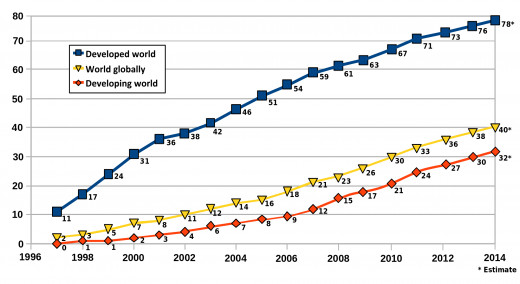
Higher Internet Penetration Means More Opportunity
As the graph above indicates, there is a recognizable digital divide between the haves and the have nots. Developed countries have much higher penetration of internet use, approaching 80% usage in 2014. In less developed countries, internet usage is closer to 30%.
Having been a beneficiary of highly available internet and technology to connect to it, I have witnessed its power for wealth generation. In fact, my entire career has been built around it.
For those countries who are currently being left behind, significant change is likely no further away than building out internet infrastructure and enabling populations to get online and pull themselves out of poverty.



